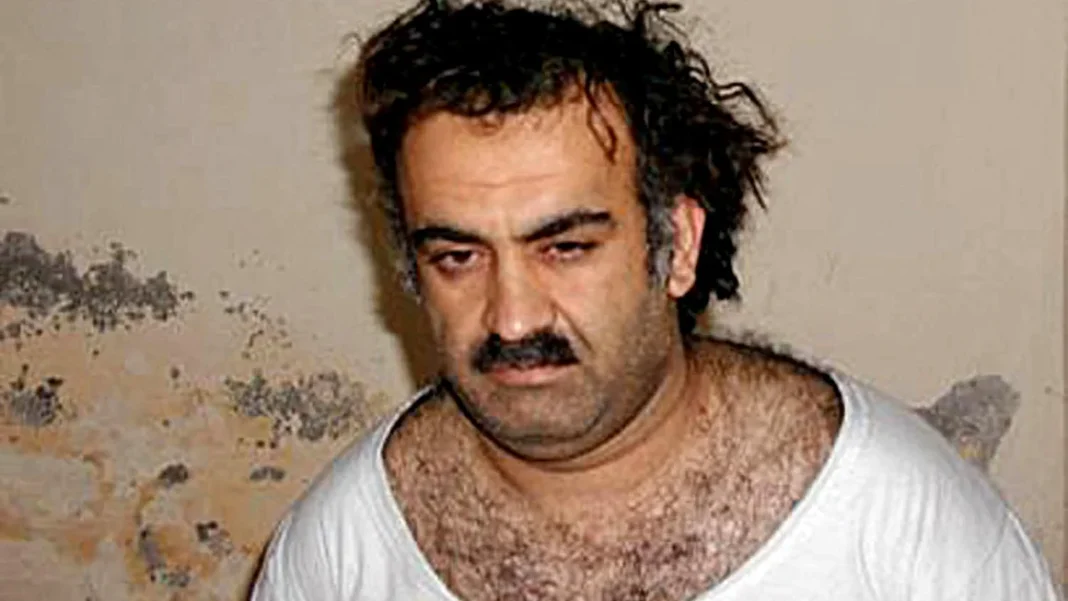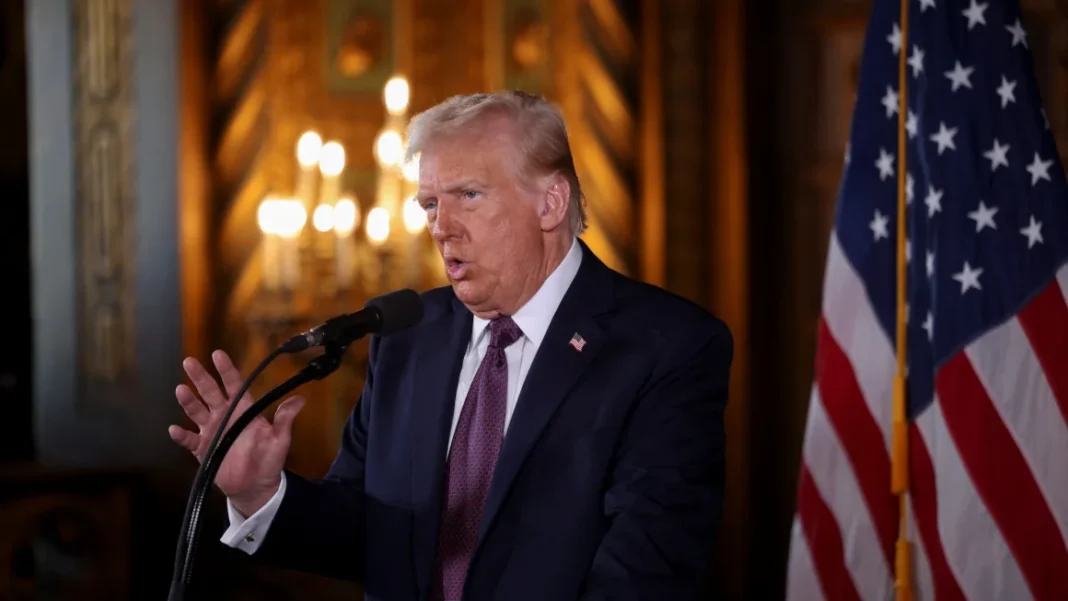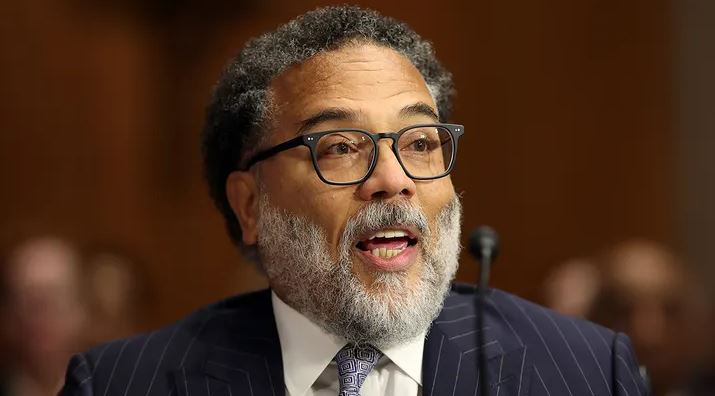The Biden administration has taken a bold step to halt a plea deal for Khalid Sheikh Mohammed, the alleged mastermind of the 9/11 attacks, and two co-defendants. The plea agreement, which would remove the possibility of the death penalty, has become a focal point of legal and moral debate, reopening wounds tied to one of the darkest days in U.S. history.
In a brief filed Tuesday with a federal appeals court in Washington, D.C., the Justice Department argued that the plea deal undermines justice by denying the public a trial and the chance to seek capital punishment for an atrocity that claimed nearly 3,000 lives. The government labeled the 2001 attacks a “heinous act of mass murder” that demands a verdict through due process.
Legal Tensions and Family Reactions
The proposed plea deal, approved by senior Pentagon officials but later repudiated by Defense Secretary Lloyd Austin, has divided the families of 9/11 victims. Some view it as a pragmatic resolution to a prosecution hampered by over a decade of legal and logistical challenges, including controversies surrounding the defendants’ torture during CIA custody. Others demand a full trial, hoping for the ultimate penalty as justice for their loved ones.
Defense attorneys contend that Austin’s intervention is unlawful, as the plea agreement was negotiated and approved by his own officials. Meanwhile, a military judge at Guantanamo and a military appeals panel have rejected Austin’s efforts to nullify the deal, emphasizing the legal finality of the agreement.
Broader Implications
This case highlights the enduring complexities of Guantanamo’s military commissions. Critics argue that the use of torture during the defendants’ detention compromises the legitimacy of any trial and risks indefinite delays. Legal experts warn that the ongoing legal wrangling could prevent any resolution before the aging detainees succumb to time.
As the Biden administration pushes for a reassessment, the case underscores a broader question: how should the U.S. balance justice for victims, accountability for perpetrators, and the rule of law in cases fraught with ethical and legal challenges?


